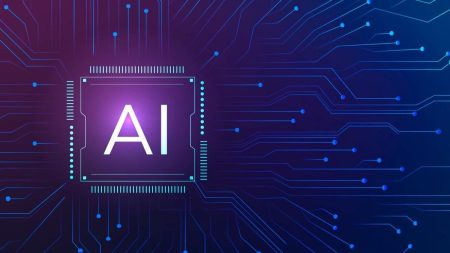The introduction of generative AI (gen AI) has sparked discussions among company boards and C-suite executives regarding how this technology can be utilized and the benefits it can offer. Decision-making processes have been altered to involve departmental managers, leading to more stakeholders being involved in the decision-making cycle, which can complicate and slow down the process. Additionally, risk, security, and compliance personnel must also be included in orchestrating which aspects of the technology should be automated and routine.
Gen AI does not require a significant change in the tech stack that departments are currently using. It can be viewed as a product or feature extension of the existing tech stack, providing a productivity boost to individuals or functions that already exist. Microsoft’s Copilot is a prime example of how gen AI can complement existing business operations, helping individuals work faster and more efficiently. While the technology has the potential to evolve and significantly impact business operations, current adoption is primarily focused on feature and product extensions of existing processes.
However, adoption of gen AI is facing challenges that are slowing down progress. Companies need to prioritize change management efforts to ensure that individuals are adequately trained to use gen AI tools effectively. Ambiguous pricing by foundational players, such as Microsoft, is also hindering adoption, with products often priced high. It is expected that pricing will decrease over the next 18 months as the technology matures and becomes more competitive. Advances in technology, such as lower chip costs and the use of open source models, will contribute to reducing operating costs and prices.
Another factor impeding adoption is the expertise required to effectively implement gen AI within an organization. Addressing these issues necessitates a combination of domain expertise, functional expertise, and potentially industry expertise to successfully roll out the technology. This multidisciplinary approach involves skills in prompt engineering, where users and business process architects create filters and questions to narrow down answers in a useful manner. While the technical expertise required for system integration is less than anticipated, it is still essential for the successful implementation of gen AI.
In conclusion, while gen AI holds great potential to enhance productivity and efficiency within organizations, the challenges surrounding adoption, such as change management, pricing, and expertise requirements, are slowing down progress. Companies need to address these issues proactively to fully leverage the benefits that generative AI can offer. As the technology continues to evolve and become more competitive, it is expected that adoption will increase, leading to more widespread integration of gen AI into existing business operations.















